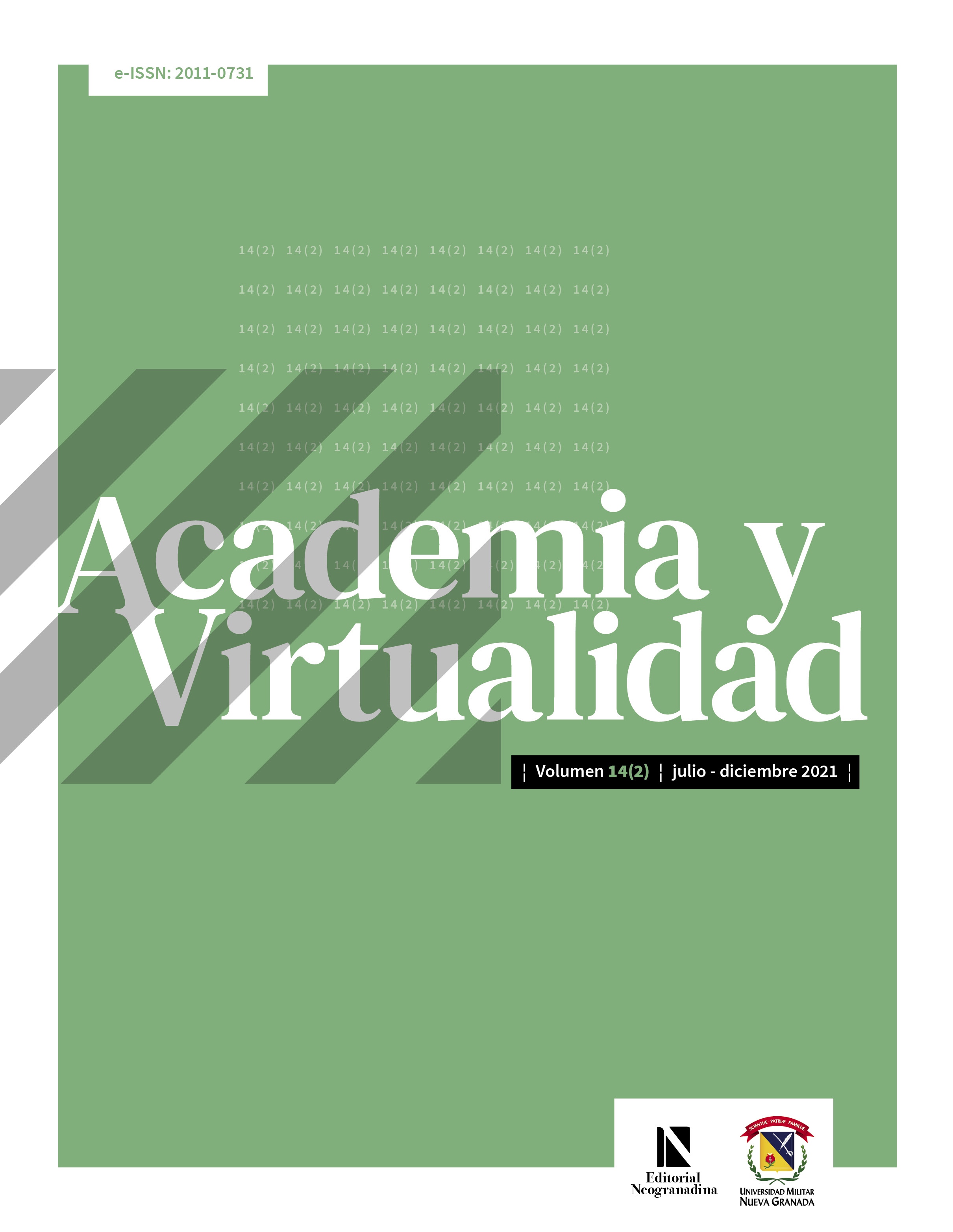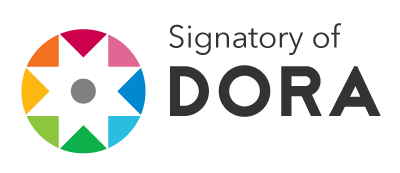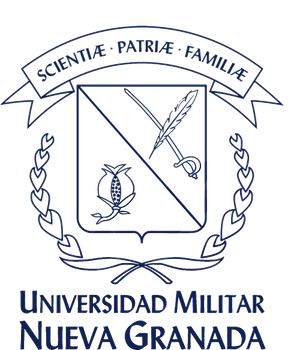Metodologias de aprendizagem para executivos. Análise comparativa da aprendizagem social e do método do caso
Resumo
Aprendizagem social é a capacidade de aprender com os outros, como consequência da observação de seu comportamento. Hoje, contamos com avanços tecnológicos e mídias digitais que nos permitem ter mais informações e ferramentas de aprendizagem. Os usuários que mais têm aproveitado são os millennials, que utilizam as redes sociais e essas novas tecnologias em seus campos sociais e educacionais. O método do caso é uma metodologia que tem se mostrado muito eficaz na educação executiva desde seu início na Harvard Business School em 1908 e foi amplamente disseminada em várias escolas de negócios. Esta pesquisa busca valorizar a aprendizagem social por meio de redes sociais como alternativa à metodologia baseada em casos. A hipótese sustenta que a metodologia baseada na aprendizagem social por meio de redes sociais e a metodologia baseada no método do caso permitem um nível de aprendizagem equivalente. A metodologia experimental mista foi usada com dois grupos de millennials, ambos expostos a essas metodologias. Nos experimentos realizados para avaliar a eficácia das metodologias, chegamos a duas conclusões: (1) a média obtida nas notas pelo método de aprendizagem social é ligeiramente superior à média obtida pelo método do caso; e (2) fazendo uma análise das médias, a diferença não é estatisticamente significativa.
Downloads
Referências
Ahn, J. N., Hu, D. y Vega, M. (2019). "Do as I do, not as I say". Using social learning theory to unpack the impact of role models on students' outcomes in education. Social and Personality Psychology Compass, 14(10), 1-12. https://doi.org/10.1111/spc3.12517
Alshareef, M. A. (2013). Evaluate student satisfaction for social learning network at King Abdulaziz University. Advances in Internet of Things, 03(03), 41-44. https://doi.org/10.4236/ait.2013.33006
Bandura, A. (1977). Social learning theory. The Canadian Journal of Sociology, 2(3), 321. https://doi.org/10.2307/3340496
Bayona, J. A. y Castañeda, D. I. (2017). Influence of personality and motivation on case method teaching. The International Journal of Management Education, 15(3), 409-428. https://doi.org/10.1016/j.ijme.2017.07.002
Chkoniya, V. (2021). Success Factors for using case method in teaching applied data science education. European Journal of Education, 4(1), 29-38. https://doi.org/10.26417/236hbm84v
Davidson-Hunt, I. J. (2006). Adaptive learning networks: developing resource management knowledge through social learning forums. Human Ecology, 34(4), 593- 614. https://doi.org/10.1007/s10745-006-9009-1
Ferreiro, P., y Alcázar, M. (2001). Gobierno de personas en la empresa. Universidad de Piura. pad-Escuela de Dirección.
Greenhow, C. y Robelia, B. (2009). Old communication, new literacies: Social network sites as social learning resources. Journal of Computer-Mediated Communication, 14(4), 1130-1161. https://doi.org/10.1111/j.1083-6101.2009.01484.x
Guiñez, N., Cornejo Saavedra, E., Olguín, C. y Ceballos, P. (2017). Percepción de los estudiantes sobre la metodología estudio de casos. Revista Academia & Negocios, 3(2), 45-54.
Hammond, J. (2008). Aprender con el método del caso. Harvard Business School.
Heyes, C. (2012). What's social about social learning? Journal of Comparative Psychology, 126(2), 193-202. https://doi.org/10.1037/a0025180
Hoang, H. T., Pham, Q. H., Nguyen, H. T. H. y Thu Pham, T. T. (2018). Online Social Networks Influencing Stu- dents' Social Learning Outcomes. An Analysis in Vietnam. Journal of Asian Review of Public Affairs and Policy 3(2), 953-971.
Johnson, K. A., Dana, G., Jordan, N. R., Draeger, K. J., Kapuscinski, A., Schmitt Olabisi, L. K. y Reich P. B. (2012). Using participatory scenarios to stimulate social learning for collaborative sustainable development. Ecology and Society, 17(2), 9. https://doi.org/10.5751/ES-04780-170209
Katzenbach, J. R. (1998). Equipos de alta gerencia: cómo maximizar la capacidad de liderazgo tanto de los equipos como de los individuos. Norma.
Khimmataliev, D. O., Bakhriddinov, S. y Jumananazarova, Z. K. (2021). Case-study method in students training. Annals of the Romanian Society for Cell Biology, 25(4), 7568-7578.
Laland, K. (2004). Social learning strategies. Animal Learning and Behavior, 32(1), 4-14. https://doi.org/10.3758/BF03196002
Llano, C. (1996). La enseñanza de la dirección y el método del caso. Universidad Panamericana. Instituto Panamericano de Alta Dirección de Empresa.
Lusoli. A. (2019). Teaching business as business. The role of the case method in the constitution of management as a science-based profession. Journal of Management History, 26(2), 1-28. https://doi.org/10.1108/JMH-06-2019-0042
Pacheco, J. C. (2010). Rediseño de la teoría científica del trabajo basado en las competencias de liderazgo. Nueva perspectiva de la estandarización (tesis doctoral, Universidad de Navarra). Repositorio Institucional Dadun, Unav. https://hdl.handle.net/10171/17315
Pahl-Wostl, C. (2006). The importance of social learning in restoring the multifunctionality of rivers and floodplains. Ecology and Society, 11(1), 10. https://doi.org/10.5751/ES-01542-110110
Pahl-Wostl, C., Craps. M., Dewulf, A., Mostert, E., Taba- ra, D. y Taillieu, T. (2007). Social learning and water resources management. Ecology and Society, 12(2), 5. https://doi.org/10.5751/ES-02037-120205
Pahl-Wostl, C., Mostert, E. y Tàbara, J. D. (2008). The growing importance of social learning in water resources management and sustainability science. Ecology and Society, 13(1), 24. https://doi.org/10.5751/ES-02352-130124
Pérez-López, J. A. (1993). Fundamentos de la dirección de empresas. Rialp.
Rendell, L., Boyd, R., Cownden, D., Enquist, M., Eriksson, K., Feldman, M. W., Fogarty, L., Ghirlanda, S., Lillicrap, T. y Laland, K. (2010). Why copy others? Insights from the social learning strategies tournament. Science, 328(5975), 208-213. https://doi.org/10.1126/science.1184719
Rendell, L., Boyd, R., Enquist, M. y Feldman, M. (2011). How copying affects the amount, evenness, and persistence of cultural knowledge: insights from the social learning strategies tournament. Philosophical Transactions of the Royal Society B, 366(1567), 1118-1128. https://doi.org/10.1098/rstb.2010.0376
Rotter, J. B. (1954). Social learning and clinical psychology. Johnson Reprint Corp. https://doi.org/10.1037/10788-000
Sadeghi, M. R., Ghasemnia Arabi, N. y Khoshsima, G. (2021). A review of case study method in operations management research. The International Journal of Qualitative Methods, 20(2), 1-11. https://doi.org/10.1177%2F16094069211010088
Servant-Miklos, V. F. C. (2019). The Harvard connection. How the case method spawned problem-based learning at McMaster University. Health Professions.https://doi.org/10.1016/j.hpe.2018.07.004
Suškevičs, M., Hahn, T., Rodela, R., Macura, B. y PahlWostl, C. (2017). Learning for social-ecological change. A qualitative review of outcomes across empirical literature in natural resource management. Journal of Environmental Planning and Management, 61(7). 1085- 1112. https://doi.org/10.1080/09640568.2017.1339594
Van Schaik, C. P. y Burkart, J. M. (2011). Social learning and evolution: the cultural intelligence hypothesis. Philosophical Transactions of the Royal Society B, 366(1567), 1008-1016. https://doi.org/10.1098/rstb.2010.0304
Wenger, E. (2000). Communities of Practice and Social Learning Systems. Organization, 7(2), 225-246. https://doi.org/10.1177/135050840072002
Yi, G. y Yen, N. Y. (2014). Development of highly interac- tive service platform for social learning via ubiquitous media. Mathematical Problems in Engineering, 2014, e395295. https://doi.org/10.1155/2014/395295
Yu, Z. (2020). Motivational effects of the case method on chinese ESP learners. Journal of Language Tea- ching and Research, 11(3), 399-408. https://doi.org/10.17507/jltr.1103.08
| Métricas do artigo | |
|---|---|
| Vistas abstratas | |
| Visualizações da cozinha | |
| Visualizações de PDF | |
| Visualizações em HTML | |
| Outras visualizações | |












